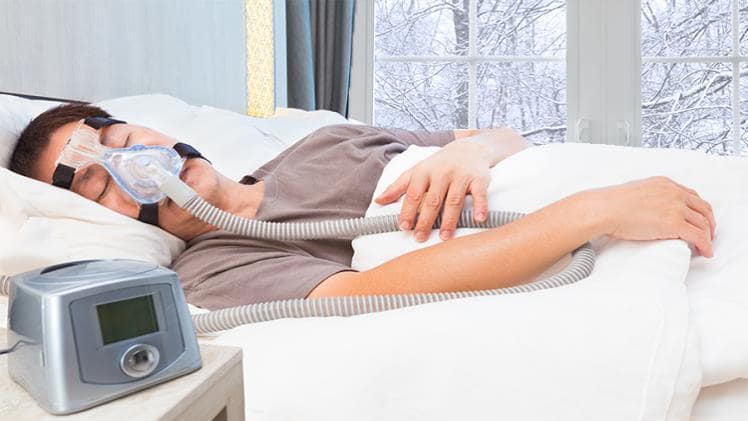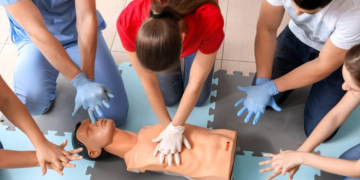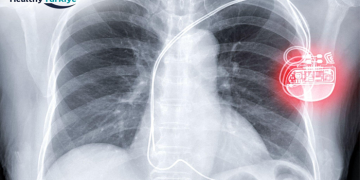Do you gasp and wake up at night? If you do, you might be suffering from sleep apnea which is the obstruction of the airways leading to short breaths and the inability to take in enough oxygen. The gasping may occur due to the lack of oxygen supply to the body organs. You may not believe you stopped breathing as sleep apnea sometimes feels like snoring and makes one tired in the morning. You should look for a sleep apnea Surprise expert who can help prevent the long-term effects of sleep apnea. Here is why you should learn to deal with sleep apnea.
Health Complications Associated With Sleep Apnea
You may not take enough oxygen due to the blocked airways; this leads to insufficient oxygen supply to the organs. You may feel tired during the day due to frequent gasping at night, resulting in poor sleep patterns. Eventually, sleep apnea triggers mental health issues and poor immune function. The lack of oxygen supply to the brain may contribute to memory loss and increase the chances of heart failure. Thus, you would prevent these complications using medications, medical devices, surgery, and home remedies.
Home Remedies for Sleep Apnea
-
Healthy weight
Obesity and being overweight may lead to sleep apnea, and it would be better to maintain a healthy BMI to deal with sleep apnea. Obesity in the upper body parts may increase the obstruction to the airways. You may eat healthy food and engage in exercises that promote weight loss. Although losing weight reduces sleep apnea, the condition would recur if you regain the weight.
-
Try yoga
Yoga increases your energy level, strengthens the heart, and treats sleep apnea; yoga increases respiratory strength and strengthens flow. Sleep apnea decreases blood oxygen saturation, and yoga might increase the blood oxygen preventing health complications associated with sleep apnea.
-
You may alter the sleep position
The sleep position might contribute to sleep apnea, and small changes to the position reduce sleep apnea and its symptoms, leading to a better night’s sleep. Sometimes sleep apnea depends on the sleeping position; sleeping on the back worsens it. Thus, you may invest in pillows that maintain the body contour and discuss the suitable positions with your doctor to improve your health.
-
Avoid smoking and alcohol
Alcohol and nicotine increase sleep apnea, and it may be better to reduce their consumption; lifestyle changes might encourage better breathing at night. Your airways may relax due to alcohol intake, leading to snoring and inadequate air intake.
-
Use oral devices
The oral devices keep the airways open at night, minimizing sleep apnea; your doctor will customize the devices which work well for your condition. You may use tongue stabilizing devices that keep the tongue in place at night. Some of these appliances are OTC, but it would help find customized ones that suit your needs. Finally, you may opt for sleep apnea medications and surgery if the condition does not improve.
Sleep apnea reduces blood oxygen concentration when you sleep, leading to poor sleep; you would gasp for air from time to time. The condition results in mental health issues, heart problems, memory loss, and other complications. It is better to adopt home remedies and use medical appliances, medications, and surgery. Good luck learning how to deal with sleep apnea.














